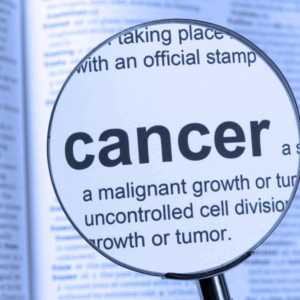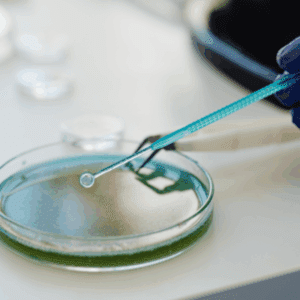Dr. Paul Oberstein explains how molecular testing has revolutionized cancer care, providing doctors with an essential tool to personalize treatment and, in many cases, improve outcomes for people with cancer.
Dr. Paul Oberstein is Section Chief of Gastrointestinal (GI) Oncology at NYU Langone and Assistant Director of the Pancreatic Cancer Center of NYU Langone’s Perlmutter Cancer Center. Learn more about Dr. Oberstein.
Related Resources
Transcript
Jamie Forward:
Dr. Oberstein, what is molecular testing? So, how would you define that, and can you share how it’s impacting the field of cancer care?
Dr. Paul Oberstein:
Yes. So, molecular testing, I’m not sure about the exact definition, but the idea behind it is we’re identifying mutations in genes in cancer. And so, the idea behind molecular testing is that we can do what’s called sequencing, where you determine the DNA in a specific tumor.
And compare that to what’s considered normal DNA, or normal RNA in some cases, to identify what’s different about the tumor than what we would expect. And this has been done over the last 10 or 15 years.
But it has really exploded in feasibility, because these tests now can be done much faster, and much less costly than they used to be. And as we gather more and more information about many cancers, we’re learning more about which mutations or which alterations are probably the ones that are driving the cancer. They’re called driver mutations. Which things may not be driving, they just are called passenger mutations.
And then, a lot of fillings in between, of course. And the reason that this matters is it helps us determine features of a cancer, meaning prognosis. Is it aggressive – a more aggressive type, a less aggressive type, but it also can very often guide therapy. And there are many therapies throughout different types of cancers that are tailored to specific mutations in tumors. And so, knowing the molecular testing results of a person’s tumor can have profound implications on therapy.



